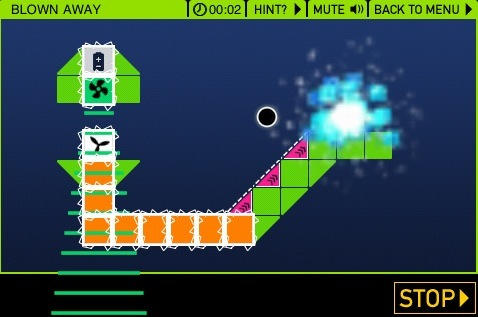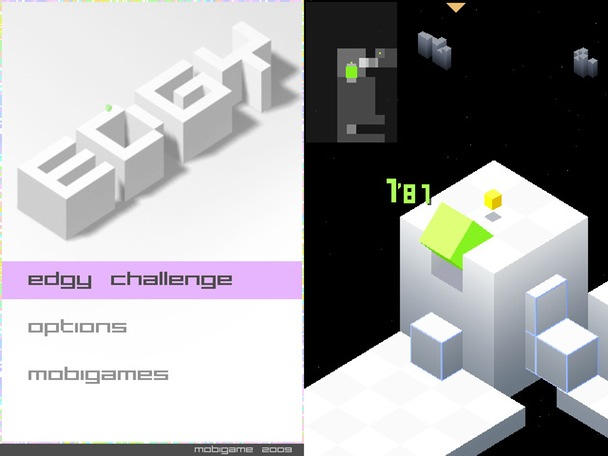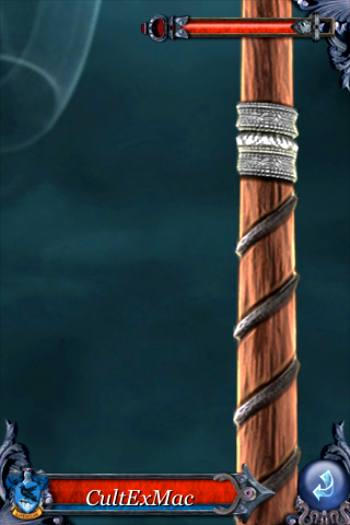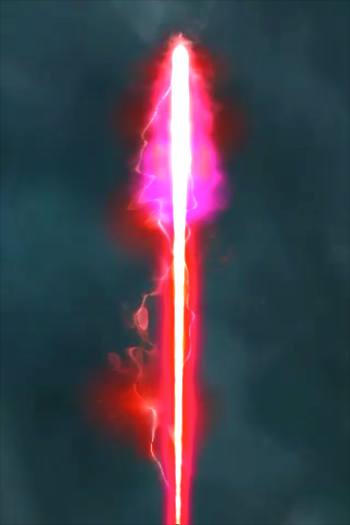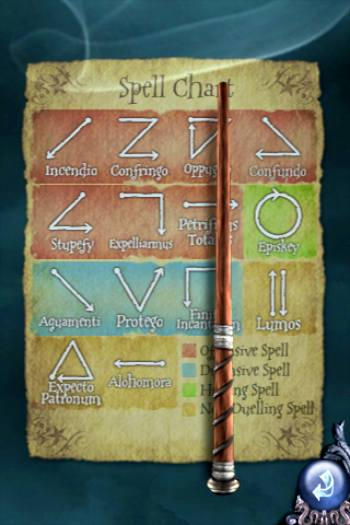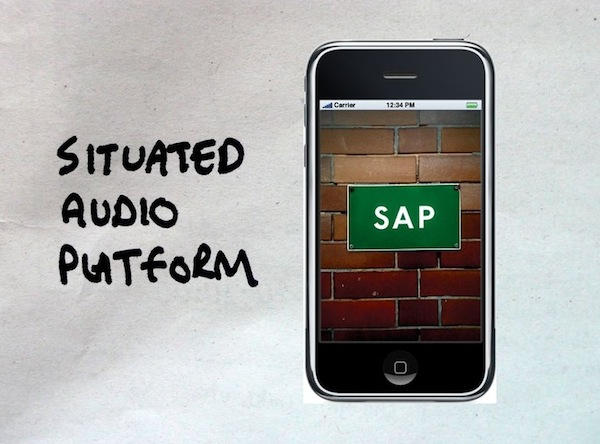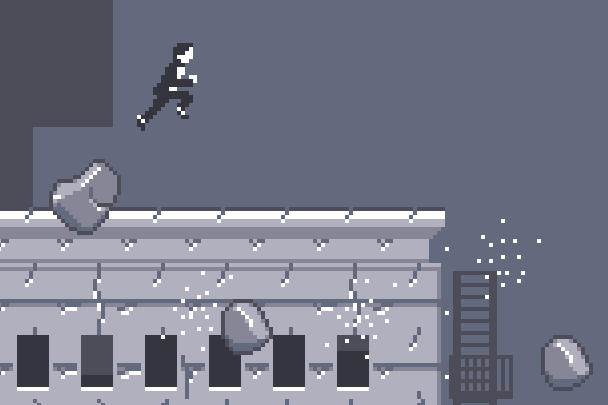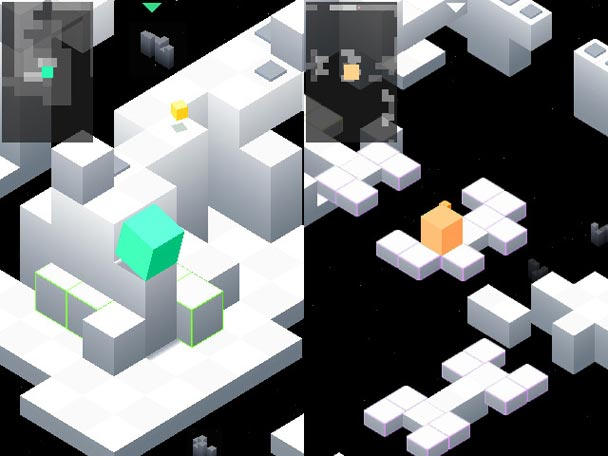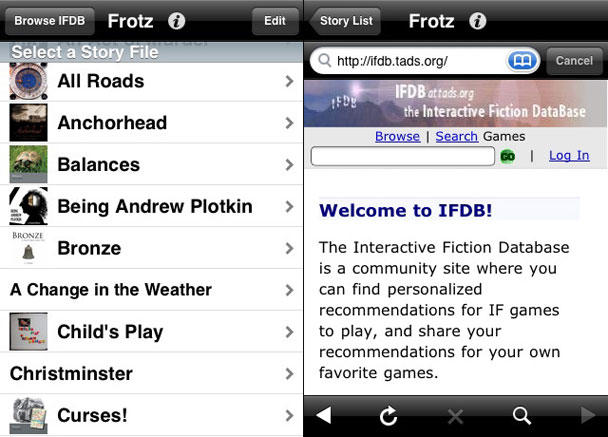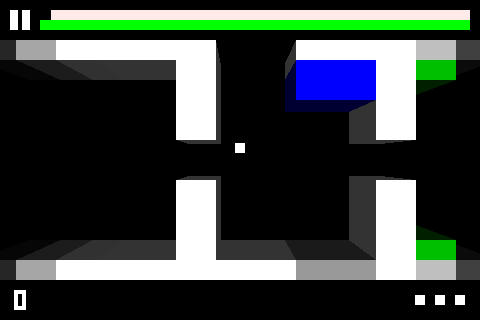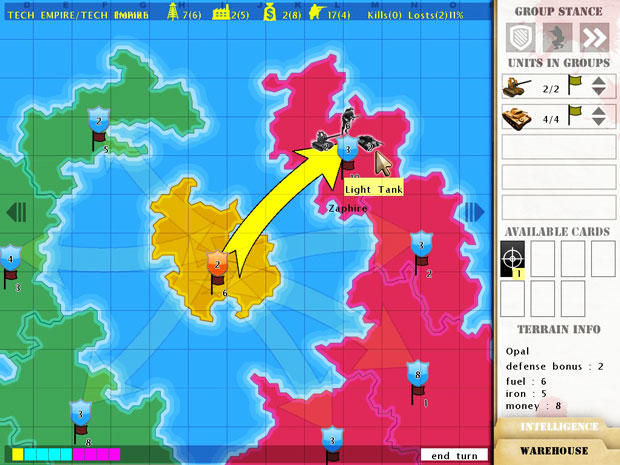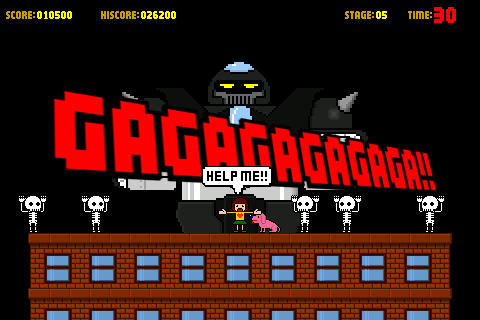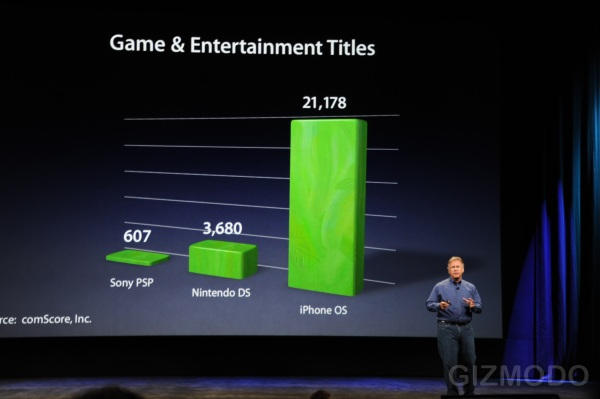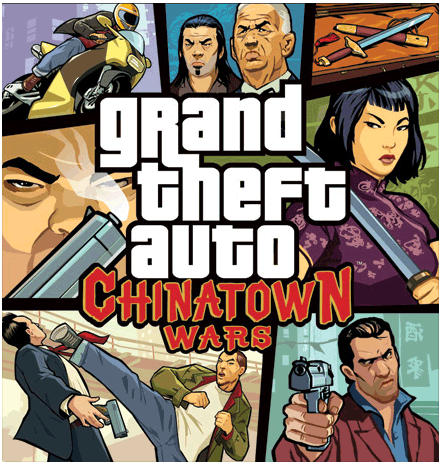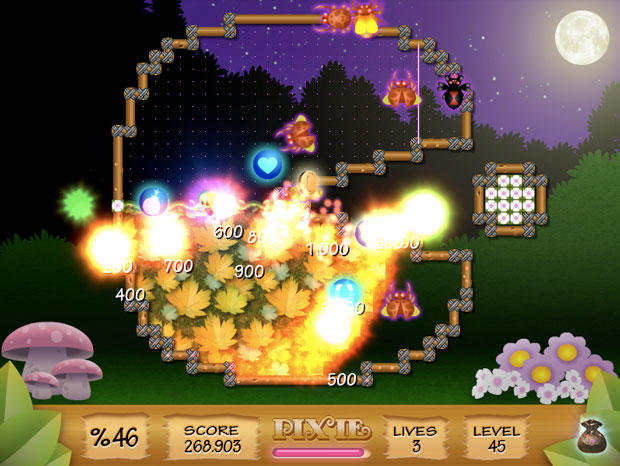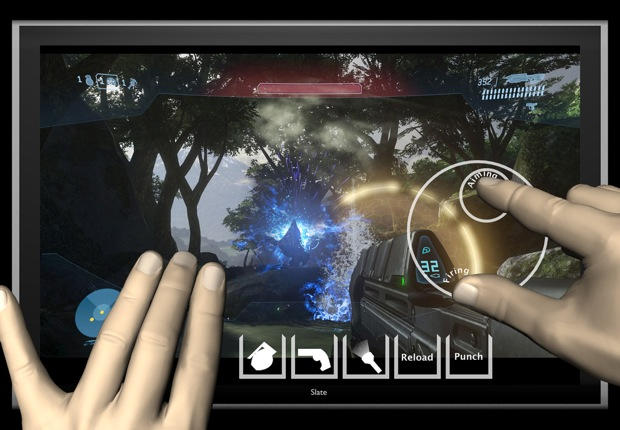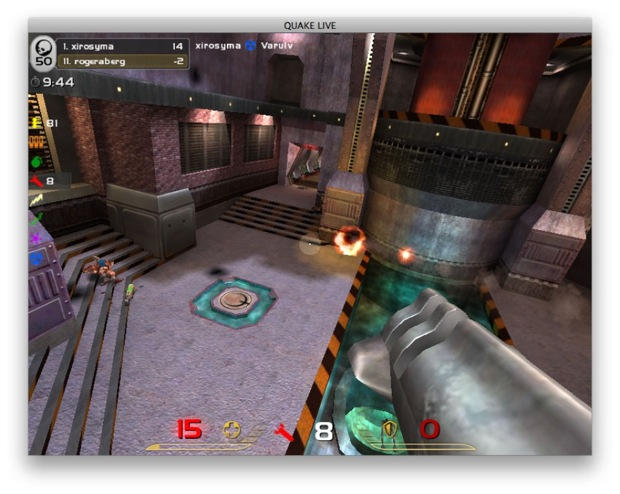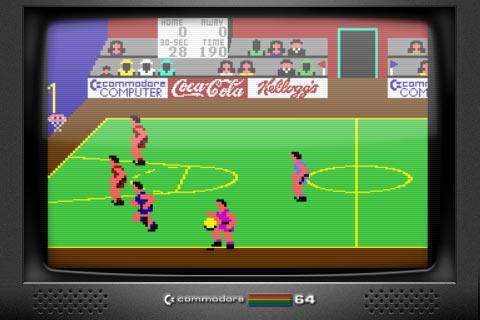httpvhd://www.youtube.com/watch?v=dgJqXqZUZtU
Without dedicated analog controls, playing emulated console games on an iPhone or iPod Touch is always going to be a maddeningly imprecise experience, but even so, it’s can be nice to see the graphic capabilities of Apple’s touchscreen line explored.
The latest emulator to hit the iPhone is the 3G4, a Nintendo 64 emulator developed by fourteen year old programmer, “Doogie.” That’s a regrettable internet handle for a precocious teenager smack dab in the voice cracking throes of pubertal hormone imbalance, but it is apropos: the 3G4 is an impressive display, not only of the iPhone’s capabilities, but the programmer’s as well.
It’s not perfect by any means. The graphics have had to be heavily rendered down to work smoothly on the iPhone, and Doogie is still struggling with some elements of the interface: namely duplicate button registers, delayed button presses and a few mysterious crashes. He’s also yet to implement the L, R, and Z keys… and, in truth, it’s hard to see just where he’d cram them on 3G4’s already cramped display. But Doogie’s working on it, and anticipates a release sometime next year… although obviously not through the App Store.




